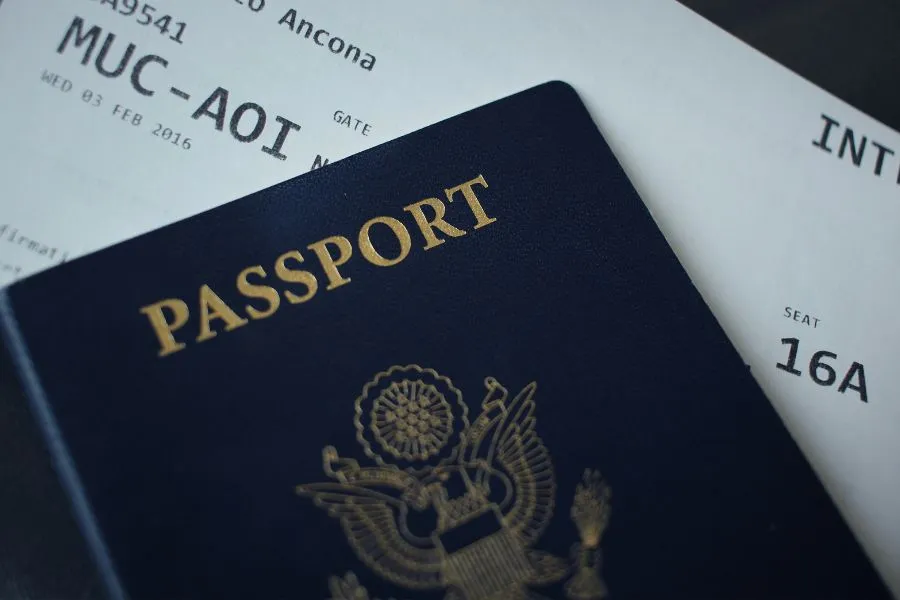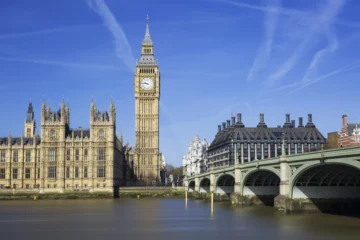A rejected UK visa can be frustrating, especially after you’ve spent time, money, and effort gathering documents, planning your trip, or preparing for studies or work. But in 2025, a visa refusal doesn’t necessarily mean the end of the road. Depending on your visa type and the reason for rejection, you may be able to appeal or reapply. The key is understanding which option makes sense for your case, and how to approach it with the right strategy.
Key Takeaways
Why Are UK Visas Refused?
The Home Office can reject a visa application for a variety of reasons, and it’s usually linked to missing documents, insufficient evidence, or doubts about your intentions in the UK. For example, a student visa may be denied if your financial documents are unclear or your course choice seems questionable. A visitor visa might be refused if the officer isn’t convinced you’ll return home after your trip.
In many cases, the refusal letter includes a vague explanation like “lack of genuine intention,” but doesn’t always go into detail. That’s why it’s important to understand your specific situation before deciding what to do next.
Do All UK Visas Allow an Appeal?
No — and this is where it gets tricky. Not all UK visa refusals come with the right to appeal. In 2025, appeals are generally limited to visa types that involve human rights or asylum claims, such as family reunion visas, settlement applications, or long-term dependent visas.
If you’ve applied for a visit visa, student visa, or work visa, you usually won’t get the right to appeal. Instead, you may have one of the following options:
- Request an administrative review (if available)
- Reapply with a stronger application
- Take your case to a judicial review, but this is rare and expensive
So, before planning your next move, carefully read the refusal notice. It will clearly state whether you have the right to appeal, ask for a review, or need to start fresh with a new application.
What Is an Administrative Review?
If you think the decision on your visa was unfair or made in error, and your refusal letter gives you the option, you can apply for an administrative review. This is not a full appeal — it’s a request for another UKVI officer to look at your application again to see if the refusal was based on a mistake.
Also Read: Are New Visa Rules Shutting Out Skilled Green Workers in the UK?
In 2025, administrative reviews cost £80 and must be requested within 28 calendar days (if you’re outside the UK) or 14 days (if you’re inside the UK). You won’t be allowed to submit new evidence — it’s purely a check to see if the original decision followed the rules.
Administrative reviews can be helpful if your visa was denied because of a technical error, a misunderstanding of your documents, or incorrect application of immigration law.
When Should You Reapply for a UK Visa?
In most cases — especially for visit, student, and skilled worker visas — reapplying is the most practical option. You can submit a new application at any time, but it’s strongly recommended that you wait until you’ve addressed the reasons for refusal. Reapplying without fixing the problem will likely result in another rejection.
For example, if your previous application was refused due to insufficient funds, you’ll need to show more robust financial documentation next time. If it was because of a weak travel history or unclear intentions, you may need to strengthen your cover letter and supporting evidence to demonstrate strong ties to your home country.
Should You Get Legal Help?
In some situations, yes — particularly if you’re dealing with a complex refusal, multiple rejections, or family-related applications. Immigration solicitors in the UK can help you understand whether you have a case for appeal, administrative review, or if it’s better to reapply from scratch.

However, not every case needs a lawyer. If your visa refusal was straightforward and the reason is something you can fix — like missing paperwork or weak financials — then a well-prepared reapplication can be done without legal representation.
Just make sure any advisor or consultant you work with is OISC-registered or properly licensed to give immigration advice.
What Documents Should You Include When Reapplying?
This depends on the reason for your initial refusal. In general, a strong reapplication should include:
- Updated documents that address the refusal points
- A well-written cover letter or explanation, referring to the previous refusal and what has changed
- Additional evidence of ties to your home country (if the officer doubted your return intentions)
- Clear financial proof, including bank statements, income sources, or sponsorship letters
In 2025, UK visa officers will be stricter than ever, especially with student and visitor visa categories. So, every document should be authentic, recent, and easy to verify.
How Long Should You Wait Before Reapplying?
Technically, you can reapply immediately after receiving a refusal — there’s no waiting period. But that doesn’t mean you should. A rushed application without any changes is almost guaranteed to be rejected again.
Also Read: Can You Sponsor Your Partner with a Lower Income in the UK?
It’s best to take your time, gather stronger documentation, and understand exactly why the refusal happened. Many applicants wait two to four weeks before reapplying, especially if they’re working with a consultant or preparing financial evidence.
Final Thoughts
Getting a UK visa refusal in 2025 isn’t the end of the line. Whether you’re eligible for an appeal, administrative review, or simply a reapplication, you still have options. The most important thing is to respond strategically, not emotionally. Don’t rush into another application without understanding what went wrong the first time.
With careful preparation, honest documentation, and a stronger case, your second attempt may just be the successful one.





